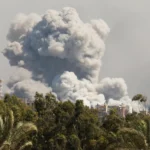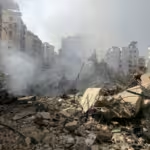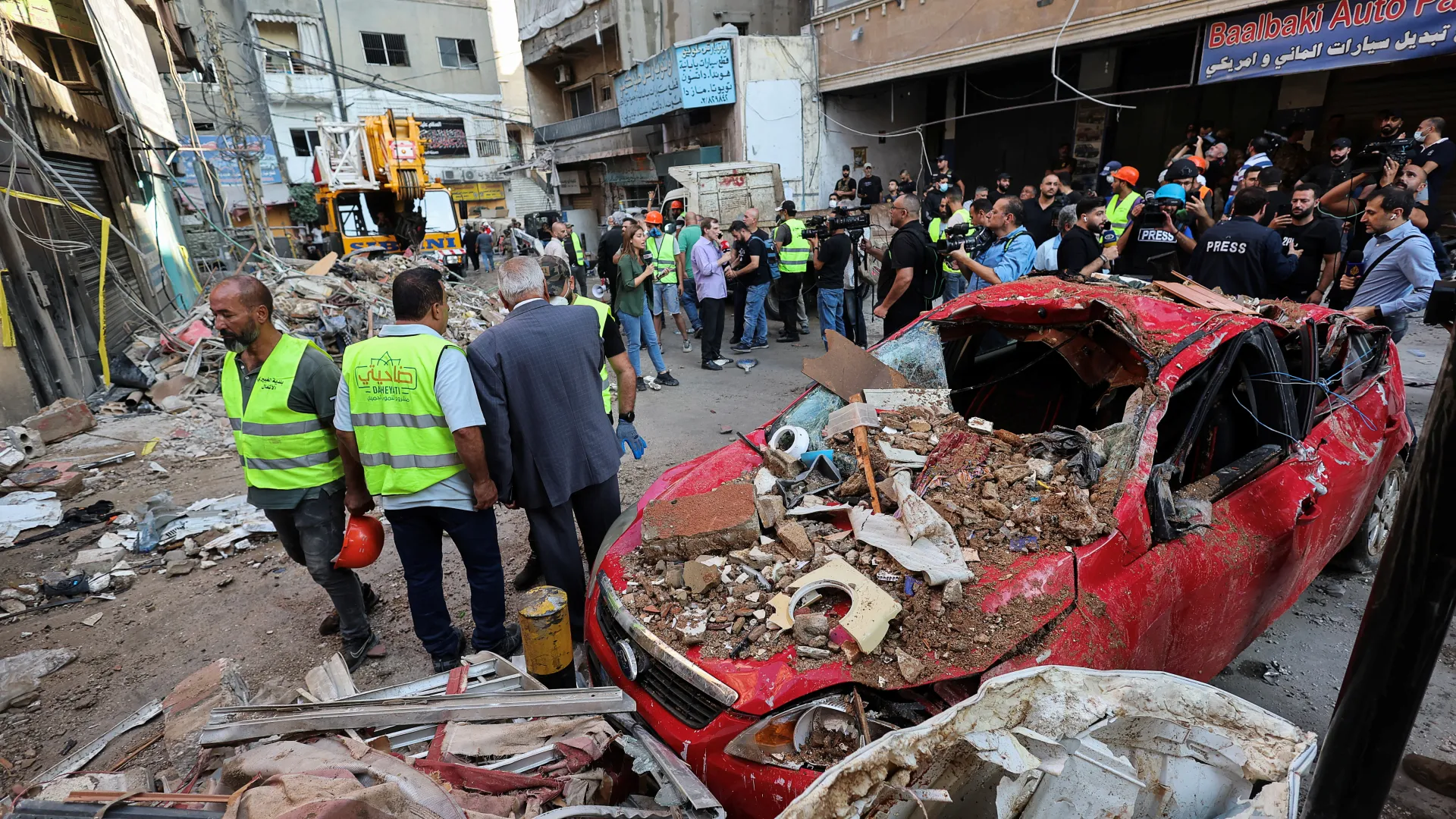The humanitarian situation in Lebanon keeps deteriorating as fighting between Israel and Hamas escalates. According to new reports, more than 700 people are reported dead and thousands injured by the Israelis in their non-stop bombing raids. International interest raises questions about the future stability of the region and its citizens.
Things took a bad turn from October 7, 2023, with the beginning of hostilities between Israel and Hamas. What initially was a localized upsurge has ballooned into a full-scale war in which casualties on both sides have mounted, but particularly here in Lebanon, the damage has been downright catastrophic. Reportage informs that many airstrikes seem to target areas in southern Lebanon, villages, and refugee camps where civilians have little or no ways of protection.
Economic crisis, political crisis, and the aftereffects of the catastrophic 2020 Beirut port explosion have physically and emotionally marked the Lebanese population. Yet, today, they meet an entirely new challenge of violence. Hospital services are flooded with casualties, and medical supplies are depleted. The United Nations has also issued a warning that conflict may engage into a human catastrophe, leaving millions of people who may need humanitarian help in the country.
In addition to this, the war has further ignited sectarian conflict that was already visible within the nation of Lebanon. Lebanon is a fragile nation in terms of sectarian composition, and the many militant groups across the country, including Hezbollah, only worsen the situation. Most people fear that the persistent hostilities will ignite another wave of sectarian violence that may make this beleaguered nation a powder keg waiting to erupt.
Mixed international reactions filter into the war, with some people calling for an immediate ceasefire while others claim Israeli legitimacy to defend themselves. However, critics say the extent of the Israeli air war is disproportionate and threatens collective punishment against the Lebanese people. Humanitarian pauses meant to deliver aid and evacuate civilians have been ignored until now when many people require urgent assistance.
The existing war in the region already sparks concern about other forces playing their roles in the area. On their part, Iran has supported Hezbollah and Hamas, complicating the entire game further, whereas the United States declared its support to Israel. The geopolitical chess game, in this sense, increases stakes that may reach a wider regional conflict, leading to disastrous results.
The body count is fast mounting, and many are considering de-escalating the situation. There is mounting pressure on the international community to make concrete decisions, and the diplomatic efforts implemented need to be known to be very effective.
This causes deep hurt for the Lebanese. More loved ones are lost for the families, while the communities carry more traumas of war. Undoubtedly, Lebanon shows impressive resilience, but despair is turning upward lately. Air strikes still keep pouring down on them; the cost of war keeps going up higher.
Conclusion
At this point, the crisis in Lebanon is desperate as Israel continues to drop bombs that exceed 700 deaths. The humanitarian results are horrific and demand immediate attention from the international community. It has never been more pertinent to ending this war because the world is watching in action. Should it not be acted on immediately, the catastrophe for Lebanon and the larger region could be catastrophic, with effects that may take years to heal.















